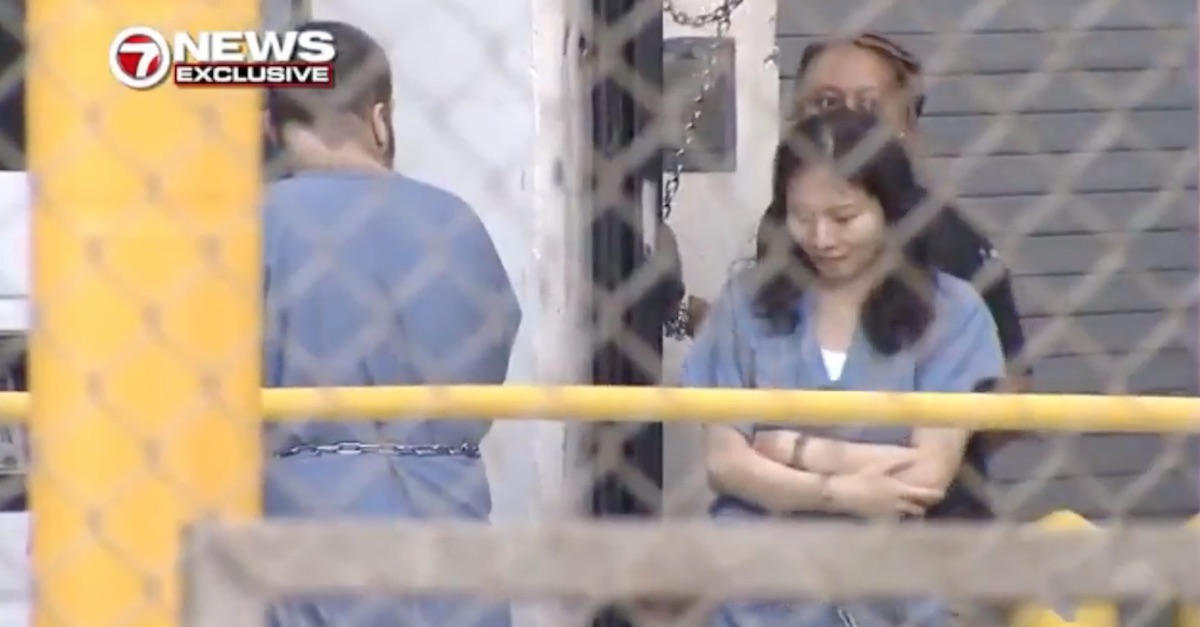
Florida prosecutors on the case of a Mar-a-Lago intruder filed a motion Tuesday indicating that they have obtained classified evidence, which the government claims could pose a serious risk to national security if made accessible to the defendant through discovery.
Assistant U.S. Attorney Michael Sherwin of U.S. Attorney’s Office for the Southern District of Florida formally requested that the government be permitted to seal sensitive evidence in its case against Yujing Zhang, 33, under Section 4 of the Classified Information Procedures Act (CIPA), according to the Miami Herald.
CIPA, which was enacted to protect national security matters and methods, would enable the government to present evidence directly to the judge without disclosing that evidence to the public or the defendant.
According to the CIPA discovery rules prosecutors invoked, “the court, upon a sufficient showing, may authorize the United States to delete specified items of classified information from documents to be made available to the defendant through discovery.”
Steven Aftergood, the director for the Project on Government Secrecy at the Federation of American Scientists, has written extensively about CIPA; he believes the information is related to at least one of two possible topics.
“Logically, it’s either about the facility [Mar-a-Lago] and its security or its about her and what the government knows about her and how,” he told the Herald on Wednesday. He said, offering an example, that the government could be in possession of Zhang’s travel itinerary or a list of persons she met with prior to her arrest.
Zhang is a Chinese citizen who was arrested on March 30 after gaining access to President Donald Trump’s Mar-a-Lago resort while carrying suspicious electronic equipment. The president was staying at the resort at the time of Zhang’s arrest.
Authorities said Zhang initially accessed the resort by telling Secret Service agents she was there to use the pool, but later changed her story; she said she was on the premises to attend the “United Nations Friendship” event, which agents soon discovered was not taking place that day.
Zhang was detained at Mar-a-Lago and found to be carrying four cellphones, a laptop, a thumb drive infected with malware, two passports, an external hard drive containing malware, a signal detector (which can be used to find hidden cameras), and approximately $8,000 in cash.
She was charged by federal indictment with unlawful entry and for lying to federal agents, though prosecutors have hinted that espionage charges may still be brought against Zhang.
During Tuesday’s hearing, Zhang fired her defense attorney and proceeded to defend herself — against the recommendation of US District Judge Roy Altman.
Zhang is not believed to have any formal knowledge or training in U.S. law or judicial procedure, but has approximately two months to prepare her legal defense, as proceedings are scheduled to begin in mid-August.
[Image via WSVN screengrab]